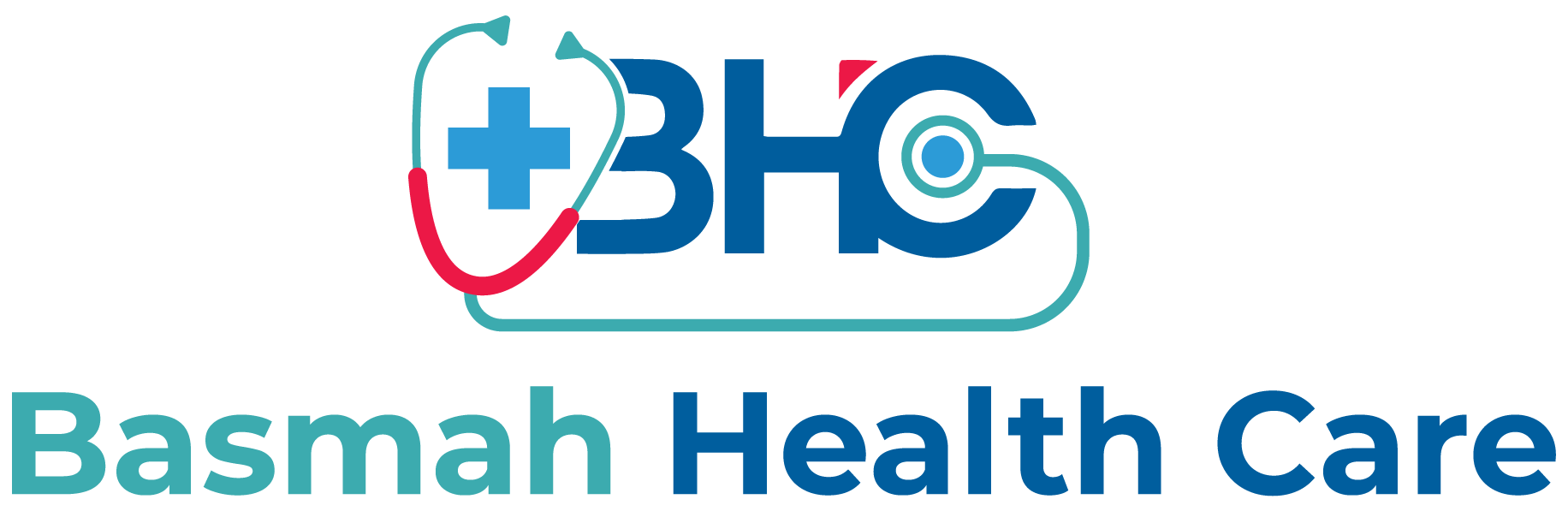Quality Policy
To preserve and improve patient health by consistently delivering high quality, safe and effective specialty pharmaceutical products and services, those meets or exceed customer expectations. All associates of Healthcare are committed to successfully deploying our healthcare’s Quality Policy to all aspects of our activities – assuring continued high quality, usefulness, and effectiveness of products for our customers. Quality and Customers orientations are a healthcare commitment and the shared responsibility of all associates. This commitment will be maintained through having competent people doing the right things, the first time, every time. We are assuring continued high quality through the state of the art technology, which develops and commercializes safe pharmaceutical products that enhance the quality of life. We are having an experienced workforce, equipped with continuing education and training in emerging Quality techniques and philosophy. We are having a management team that is accountable for effective review and support of quality, through the prioritization, resourcing, and timely execution of quality-conscious decision-making. Confirmation of our success is based upon the testimony of our customers, regulators, business partners, and employees.
ENVIRONMENT HEALTH AND SAFETY (EHS) POLICY
- To become one of the leading companies about Environment, Health, and Safety performance
- Committed to increasing awareness and motivating employees on EHS culture through training at all levels
- To respect local laws and regulations to conduct EHS activities
- Committed to providing a safe and healthy working environment to ensure the health and safety of our employees, contractors, visitors, and neighbors
- To avoid all the risks related to occupation by identifying and evaluating in time and taking necessary preventive measures at an early stage
- To identify all environmental hazards utilizing qualitative and quantitative analysis, assess and reduce the corresponding risk to an acceptable level
- To identify and assess potential exposure to chemical, physical and biological stressors utilizing qualitative and/or quantitative evaluation
- To ensure continuous development of EHS standards
- To maintain good relations on EHS issues with neighbors, authorities, customers, and suppliers.
SERVICE POLICY
Healthcare is an essential human right. Our services provide free healthcare to people who are deprived of services as well as providing affordable services to everyone else.
- Providing services in imitation of American healthcare.
- Advanced technology and the software-controlled healthcare system.
- Provide regular patient monitoring and counseling.
- Assurance of accountability.
- 24-hour pharmacy service.
- 24-hour ambulance service.
MEMBERSHIP POLICY
Our annual membership is a great way for you to get an easy and low-cost service. Guidelines for accepting membership cards
- Membership card for orphans, poor and helpless is completely free.
- 50% discount on membership cards for the lower middle class.
Terms-the monthly income limit should be between Tk. 5,000 to Tk. 10,000.
- 30% discount on membership cards for the middle class.
Terms-the monthly income limit should be between Tk. 10,000 to Tk. 20,000.
- 20% discount on membership cards for the upper-middle class.
Terms-the monthly income limit should be between Tk. 20,000 to Tk. 30,000.
- These conditions do not apply to the upper class.
Anyone can avail of maximum service by accepting a membership card for less than Tk.5,000 annual membership card fee.
IMPROVING PATIENT SAFETY
Efforts to measure and monitor preventable patient harm are central to strategies to improve patient safety. These include people-centered measures based on patient and health worker experiences of incident prevention and management as a complement to traditional patient safety indicators. In addition to measuring the safety of care delivered in hospitals, primary, and long-term care, we work to quantify the economic costs of poor patient safety and help countries develop policies to improve.

